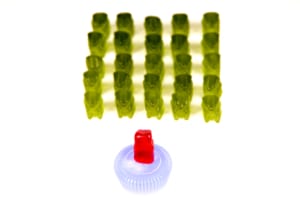“As biometric security has become more commonplace through consumer devices like fingerprint scanning smartphones, concerns about spoofing attacks have been on the rise”
Denver-based quality assurance lab iBeta has officially expanded its biometric security testing capabilities to assess resistance to spoofing attempts. Or, to put it in more technical terms, the lab will now assess its subjects’ biometric presentation attack detection (PAD) capabilities, as per the ISO/IEC 30107-3 standard, for which the lab has attained accreditation.
It’s a timely move for iBeta. As biometric security has become more commonplace through consumer devices like fingerprint scanning smartphones, concerns about spoofing attacks have been on the rise; one team of hackers made headlines last autumn when it claimed to have successfully spoofed the iPhone X’s sophisticated infrared facial recognition system, despite the implausibility of applying their elaborate approach to the average consumer. Accordingly, biometrics specialists are increasingly emphasizing the anti-spoofing systems built into their solutions. With its new assessment capabilities, iBeta is now in a position to assess those claims.
As iBeta Director of Biometrics Dr. Kevin Wilson explained in a statement announcing the lab’s new capabilities, “Customers that engage iBeta’s services will receive an independent 3rd party assessment of their strength against presentation attacks.”
iBeta’s expansion of its anti-spoofing testing comes about a year after the company reported having engaged in liveness detection evaluations at the behest of “a mid-size bank”, an indicator at the time of the growing interest in spoofing technology that likely helped to spur iBeta to expand its assessment program.
–
April 19, 2018 – by Alex Perala









Follow Us